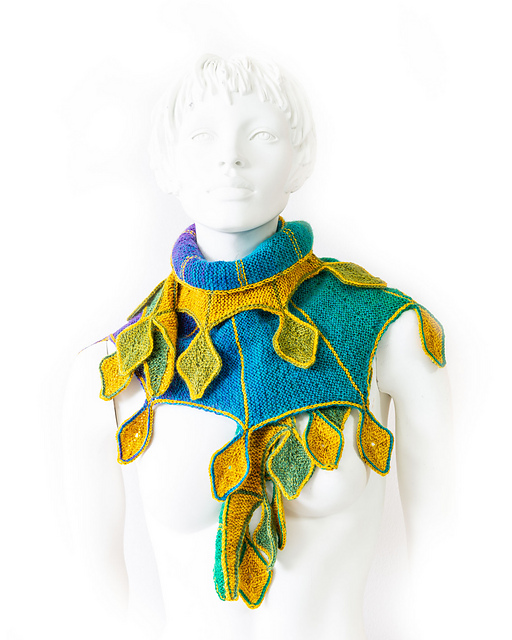
This free printable is all about Self care for children. 5 free printable pages create an interactive guided self-care activity for children of all ages. You can download this free printable from our Online store here.
So why is self care for kids important? It is never too young to learn to look after ourselves,physically and mentally.
Self-care is about meeting your basic needs so you can be physically and mentally healthy as you grow.
Learning to put good things into our bodies is a great thing to start nice and early.
Self–care can help kids of all ages become more introspective and aware of their physical and emotional needs.
One of the biggest ways to teach your child self-care is by showing them you have “self-care” habits for yourself too. Children learn from example.
Self–care is important for both adults and children and highlights the need to find the time to do things that will refuel and reboot us.
Self-care is the practice of taking care of oneself in a holistic way, including physical, emotional, and mental well-being. It’s important for children to learn self-care because it helps them develop the skills and habits they need to maintain their own well-being throughout their lives. When children learn self-care at a young age, they are more likely to carry those healthy habits with them as they grow older.
Some benefits of self-care for children include:
Improved emotional regulation: Self-care activities such as journaling, deep breathing, and meditation can help children learn how to manage their emotions in a healthy way.
Increased self-awareness: Self-care activities can help children understand their own needs and learn how to meet them.
Increased resilience: Children who practice self-care are better equipped to handle stress and bounce back from challenges.
Improved physical health: Self-care activities such as exercise and healthy eating can improve children’s physical health, which in turn can improve their overall well-being.
Improved mental health: Self-care activities such as mindfulness and journaling can improve children’s mental health, helping them develop a positive self-image and a healthy outlook on life.
It is important for parents and caregivers to model and encourage self-care practices, by providing positive reinforcement and guidance, to children. By teaching children self-care, we are empowering them to take control of their own well-being and equipping them with the skills they need to thrive.
